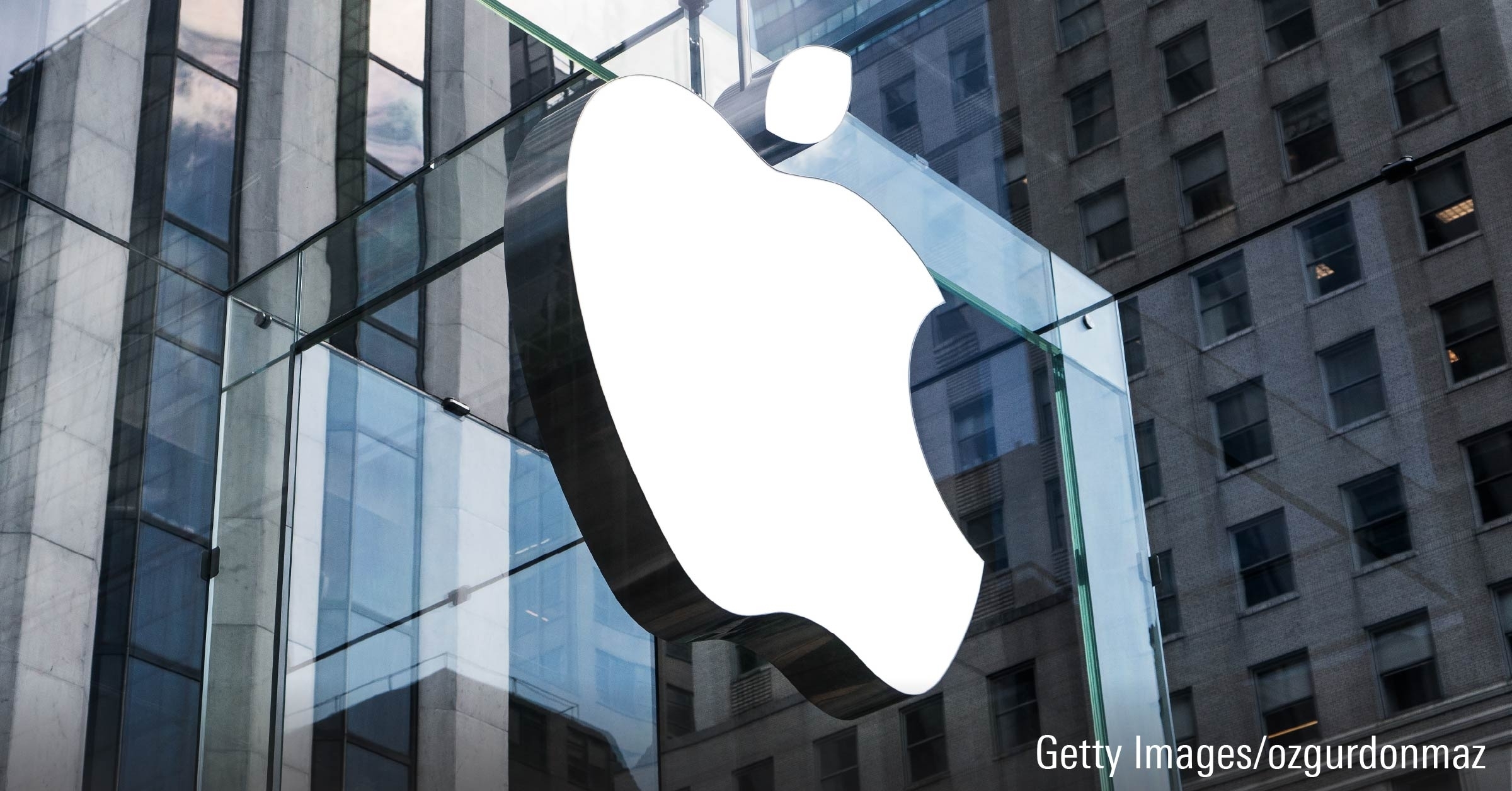More Capital into A-share Market: Yuan-denominated Funds to Be Issued in Hong Kong
Securities regulators are mulling plans to allow Chinese yuan currently held overseas to flow into the local A-share market via funds to be issued in Hong Kong. The proposal under consideration is aimed at providing a new investment option for overseas holders of Chinese yuan. Yuan holdings beyond the Chinese border have been growing quickly in recent years as China pushed to expand the role the yuan plays in international trade settlement. As a result, demand for investment options other than Chinese treasuries has been growing as well.
Regulators will likely pick a handful of Chinese brokers and fund managers with mutual fund licences in the Chinese mainland and established operations in Hong Kong to start a pilot project. These firms will be authorised to offer fund products in Hong Kong to absorb yuan from overseas investors and put the money into the Shanghai and Shenzhen stock markets. The initial investment allowed under this plan will reportedly be capped at about CNY 10 billion and is unlikely to have any significant effect on the overall stock market.
A major obstacle to the launch of such yuan-denominated funds was removed this week after a clearing agreement was signed between the mainland and Hong Kong. The agreement will allow financial institutions in Hong Kong to open yuan bank accounts, which should make it much easier for them to offer yuan-denominated insurance policies, funds, and other wealth-management products. Corporations and individuals can now freely transfer yuan assets between different accounts or between different banks.
Market Recap
The Chinese stock market seemed to expect the government's stance on tightening to soften after officials indicated this week that economic stability remains a top priority in the second half. Buoyed by investor optimism, stock indices rebounded sharply and saw the largest weekly increase so far this year. The Shanghai Composite Index rose by 6.1% to 2,572 over the past trading week, while the Shenzhen index was up by 7.4% to 10,528.
Macro and Industry Updates
Chinese Mutual Fund Assets Shrank by 13% in the Second Quarter
Redemption and the decline in the value of stock portfolios combined to erase about CNY 300 billion off the assets under management for Chinese mutual funds in the past three months. The top 10 funds continued to control nearly half of the market. China Asset Management remains the largest, with CNY 216 billion assets under management at the end of June, or 10.3% of the total market. Three other funds--Harvest, E-Fund, and Bosera--also crossed the CNY 100 billion assets under management mark.
Aluminium Production Rises Despite Higher Costs and Government Efforts to Stem Output
Chinese daily aluminium production climbed 2.5% to reach a record 47,500 tons in June, a surprising trend given the government's stated objective to rein in aluminium production. While Chinese aluminium demand continued to grow in June, aluminium imports actually declined in favour of domestic production. This defies logic, as the country remains one of the highest-cost producers with operating costs estimated to be $2,200 per ton, well above the prevailing market price for aluminium, and most Chinese smelters were hit with an additional $100 per ton in power costs beginning June 1.
A similar dynamic has played out in the steel industry for many years, as the high-cost mills have ignored the Chinese government's mandate to reduce steelmaking capacity. We believe China will have greater success in enforcing production discipline in the aluminium industry than it has had in steelmaking as the high energy intensity of aluminium is directly at odds with the government's new energy-saving policies. Unless aluminium prices rebound significantly in the near term, we expect to see production cuts going forward.
Wuhan Steel Secured Low Iron Ore Prices from Venezuela Miner
China's third-largest steelmaker Wuhan Steel disclosed last week that the iron ore prices it secured from Corp. Venezolana de Guayana for 2010 are about $20 per dry metric ton cheaper than what Vale SA has been charging Japanese and Korean steel mills in the first three calendar quarters of 2010. This is under a deal signed last October, in which Wuhan Steel agreed to buy 40 million metric tons of iron ore over seven years at prices negotiated between the two. The steelmaker did not give the specific price for 2010 but did provide statistics on the purchased tonnage and total cost in 2009. The derived average cost for the ore reaching Wuhan Steel's plants was CNY 668 ($98) per ton. On the spot market, prices have been falling in China recently. The spot price for imported iron ore at Shanghai port as of July 16 was $144 per metric ton, down 10% from a month ago.
Concerns of a raw-material supply shortage and the lack of pricing power for such assets have prompted Chinese companies to go on a buying spree for natural resources overseas. Statistics from the Ministry of Commerce showed that Chinese firms invested $17.8 billion in overseas mining assets in the first half of 2010, up 43.9% year over year.
This is an edited version. The article originated from Morningstar.com.au.






.png)










